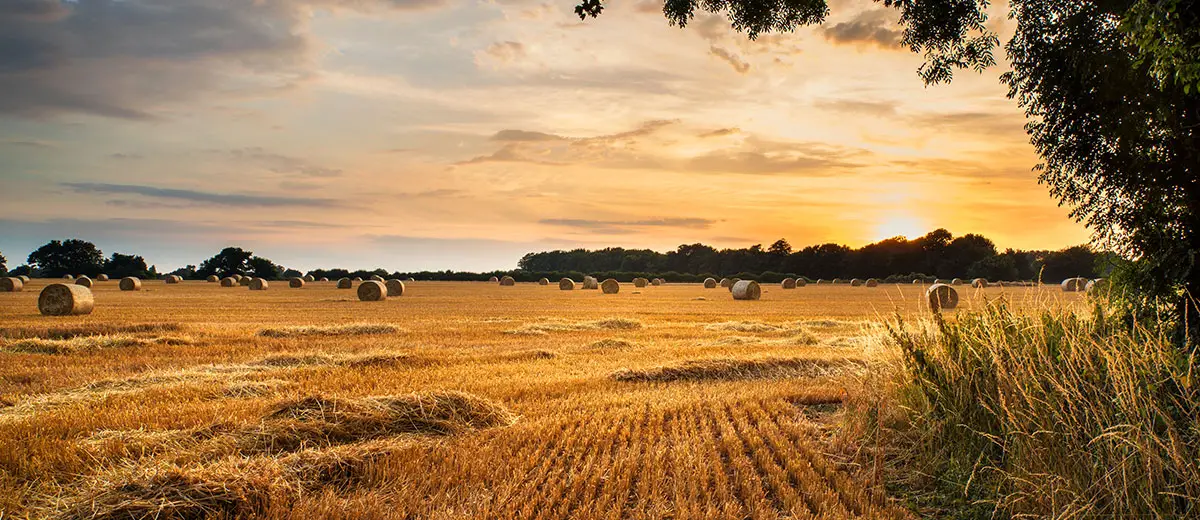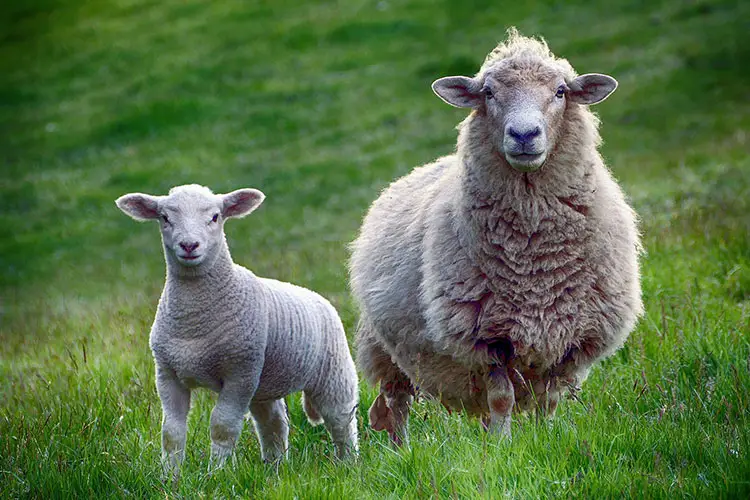Agritourism – The Benefits of Agricultural Tourism
For most American and European people, spending time out on a farm is about as far away from their everyday life as you can get. However, many of these people still feel an innate connection with farming and can see the merit in working with the land. It’s perhaps for this reason that the ecotourism niche of agritourism exists. If the name didn’t give it away, agritourism is tourism based around farms and the people that operate them.
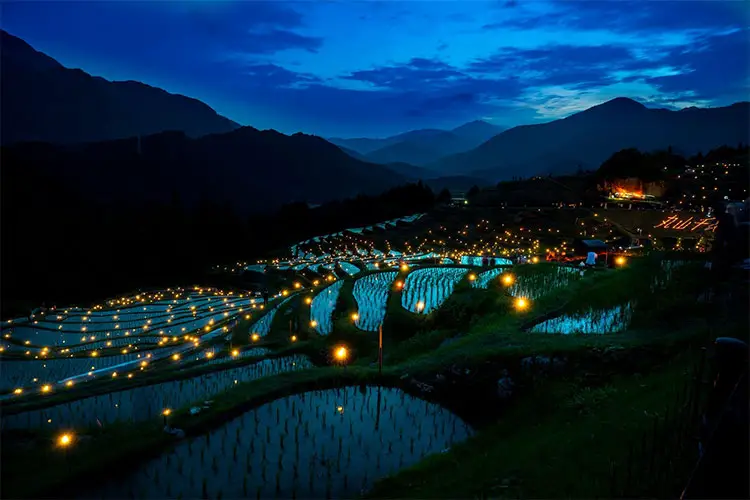
Though some readers might see the immediate benefits of agritourism, others are likely questioning why someone would want to spend their hard-earned vacation out on a farm. As it turns out, there are tons of benefits to practising agritourism. The following article details just a few of the many ways agritourism can be a blast…
Left – Highland cow in Scotland | Right – Yew with her lamb
Connecting with the Land
Fostering a connection to a piece of land is both one of the most common and the most ecologically minded reasons to practice agritourism. Though farmland isn’t exactly the land in its natural state, it’s much closer to how nature intended than an urban environment, and provides many of the same benefits like fresh air, being surrounded by plants, and being out in the sun. Farms are also often very picturesque, and it’s hard not to feel invigorated by their natural beauty.
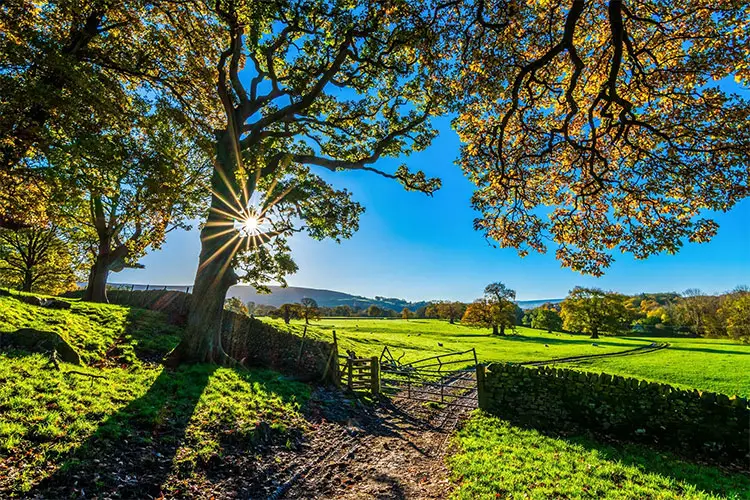
On a different note, agritourism also typically gives tourists a chance to interact one-on-one with the people who know the land best – the farmers! This offers a rare insight into how the land works, offering the chance to learn about the land on a far more intimate level than you ever could on your own. It’s the equivalent of visiting a national park with a guide. Yes, it’s completely possible to enjoy and explore the park without a guide, but if you want unique insiders knowledge on how nature works in the area, you need a local who spends each and every day at the park. This is even more so the case with farmers, as they usually both work and live on the farm, virtually never leaving their beloved piece of land.
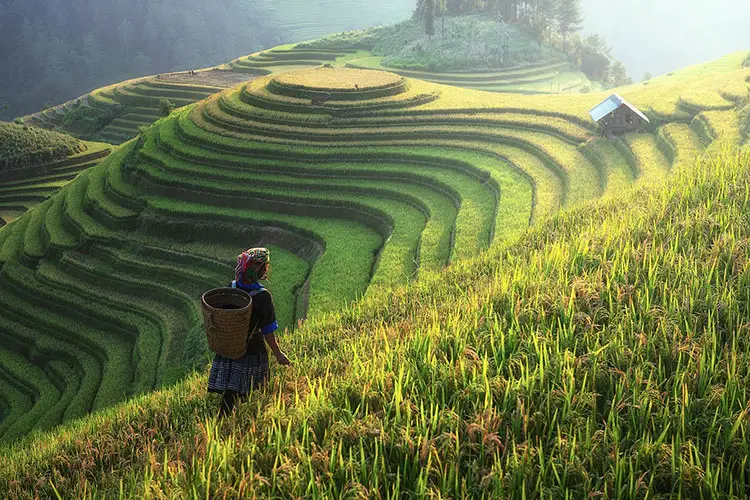
To get a really close look at the farm and to get to know the farmers better, consider staying at a farm for a few nights. Due to dwindling crop profits, a number of farmers all across the world have built bungalows or other small accommodations on their land for guests. This is especially the case in Thailand and other parts of Southeast Asia. In Northern Thailand, it was common practice for us to see 8 to 10 bungalows at the edge of nearly every rice field. In addition, the beautiful region of Tuscany is quickly becoming one of the most popular areas for agritourism in the world and it’s easy to see why.
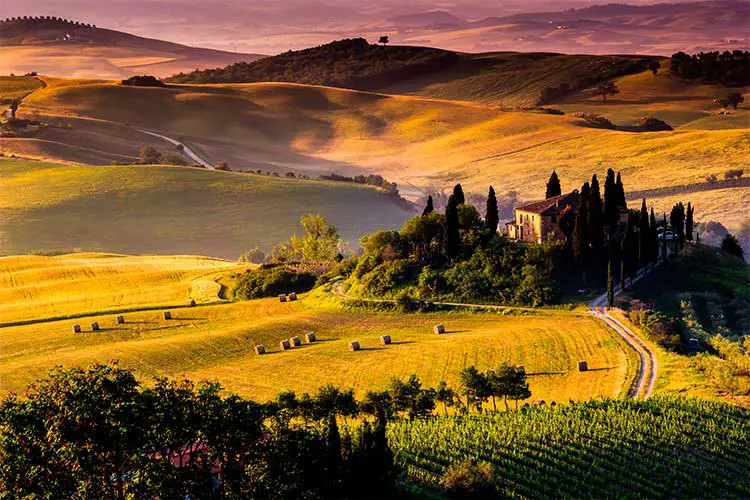
Learn Farming Techniques
If you’re like the hypothetical person described in the introduction of this article and spend most of your time in an urban or suburban environment, chances are you don’t know much about farming practices. Thus, agritourism is a great way to teach yourself something new and to educate yourself on how your food is made.
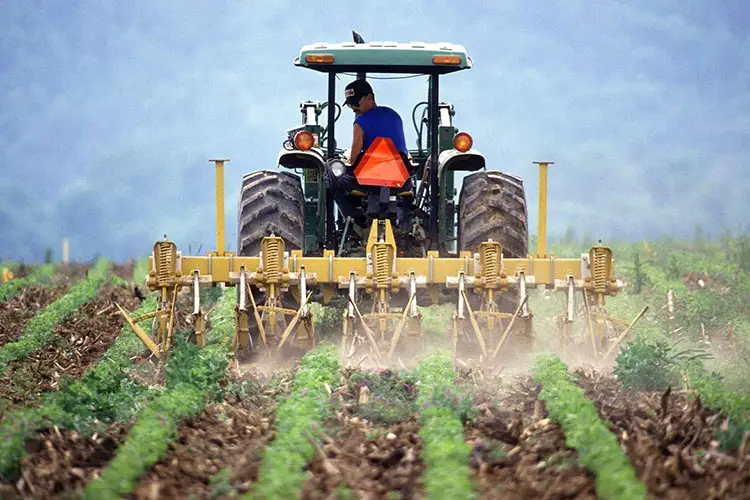
There are lots of different farms out there. In some of the advanced, giant monoculture farms, you might learn about state-of-the-art technology like irrigation systems and self-driving tractors. On the other hand, you might be more interested in visiting a small organic farm, which could teach you traditional methods for raising and rearing crops. Organic farms may also teach you about pest control, which works very differently. Unlike conventional farms, organic farms often try to avoid dumping pesticides on the land, and instead, they’ve come up with a variety of biological control methods for culling pest numbers. These ingenious solutions are often quite interesting and show how successful man can be when he works with nature, instead of against it.
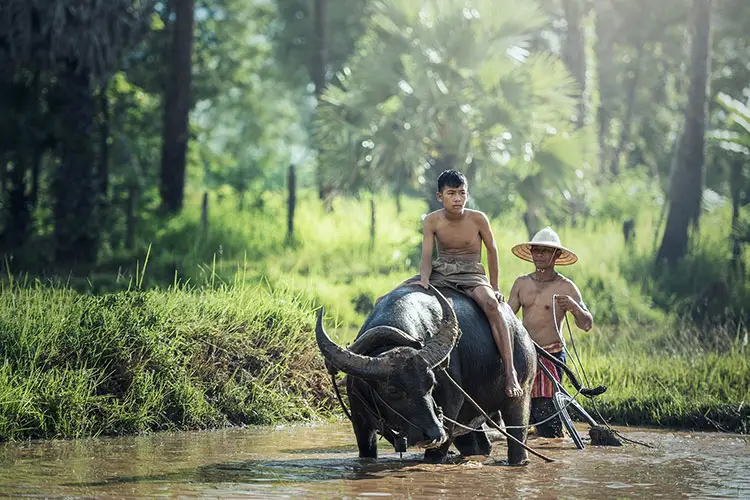
Of course, there are lots of other things to learn at a farm. You might learn about GMOs, or terracing, or how to control runoff. These are all supposing that the farm you’re visiting works exclusively with plants. If it’s one of the many farms with animals as well, you can learn all about how to properly raise and take care of the farm animals. The point is, there is lots to learn if you’re willing to open your eyes and take the plunge into a new and fascination lifestyle.
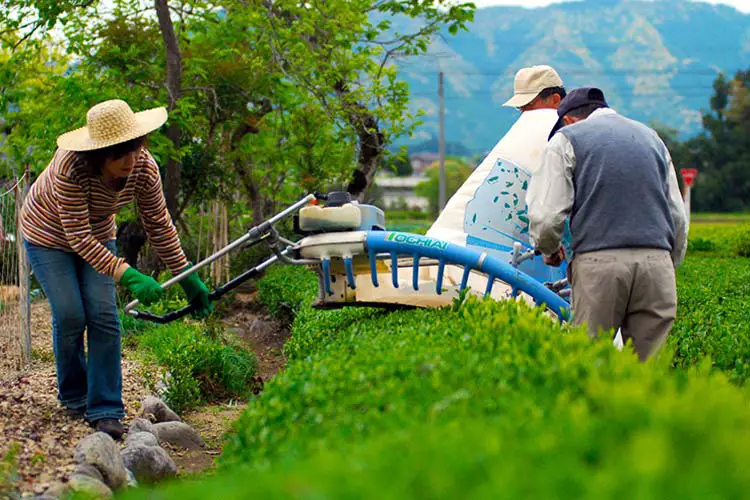
Learn Where Your Food Comes From
Even though the last section focused on learning new things at a farm, this point is so important, it merits further attention. In today’s day and age, there’s a huge disconnect between the food on your plate and the farm it was grown on. Between imports, exports, storage, cooking, and all the other steps food has to go through before it makes its way to your plate, there is lots to keep track of – too much to keep track of for most people, especially if you don’t live close to any farms. Considering this, it’s not surprising that most people know next to nothing about where their food comes from. For example, think about your last meal. What in that meal was made from plant products? What do those plants look like? At what time of year can that plant be harvested?
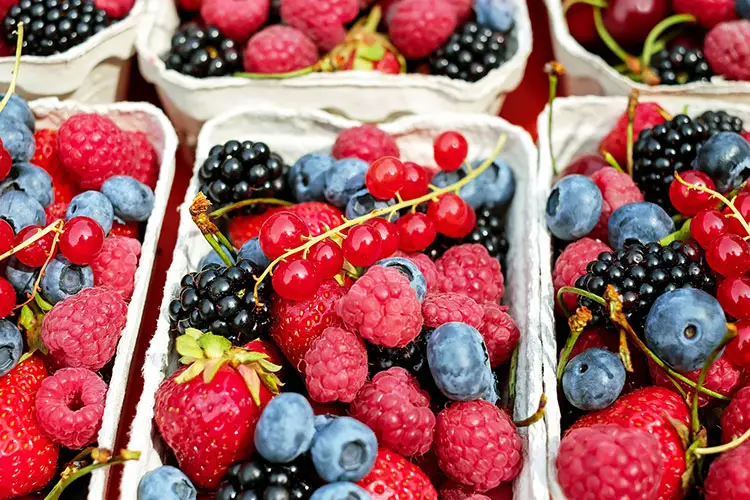
These types of questions are important, especially if you want to be an educated and eco-minded consumer. This has been a particularly eye-opening experience for me during my trip to Southeast Asia. Back home in America, we always have a plethora of tropical fruits available at the grocery store, but you hardly ever see any fruit-producing trees. Here in Southeast Asia, however, you see fruit trees everywhere. I’ve been fortunate enough to become intimately familiar with how mangoes, bananas and other tropical fruits grow. I’ve also gotten the chance to try a plethora of new tropical fruits, like the rambutan or the durian.
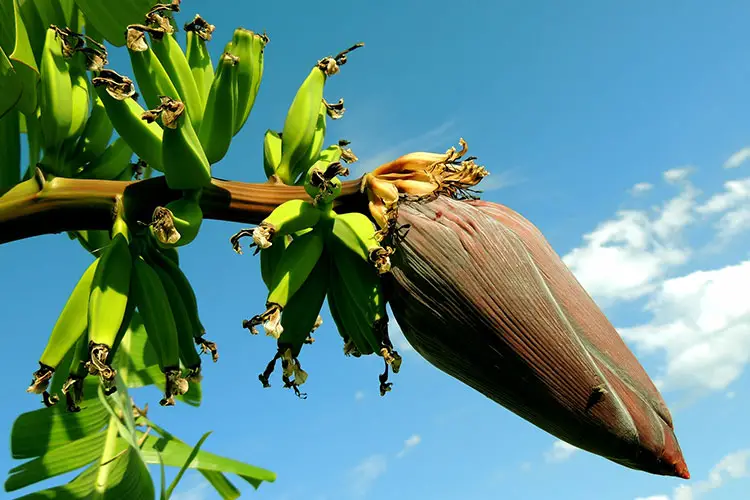
There are many other reasons to spend your vacation touring a farm, though we won’t go into too much detail here. For example, you might want to visit a farm dedicated to one of your favourite products, such as coffee or wine. Regardless, spending your time outdoors, learning more about food and how it’s grown, is a unique and rewarding twist on ecotourism.
